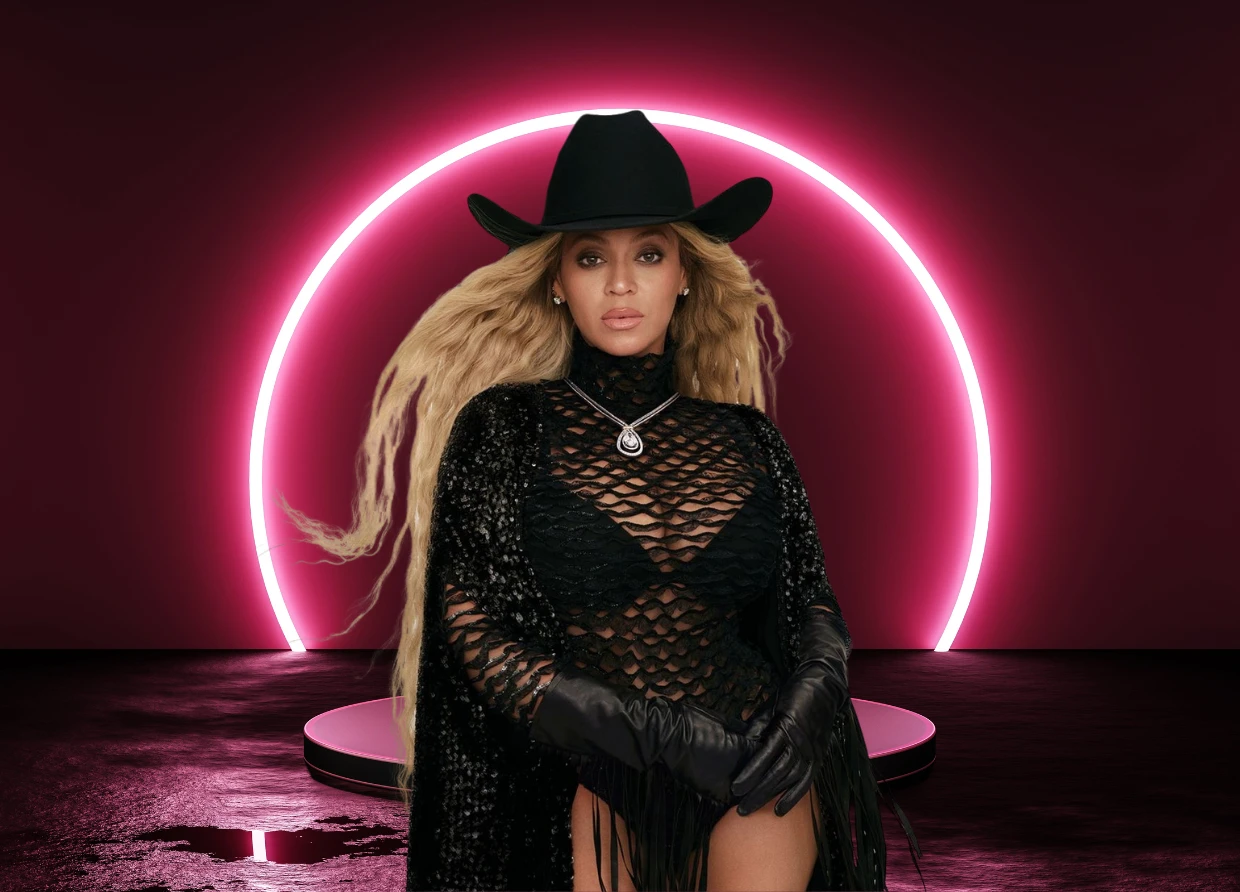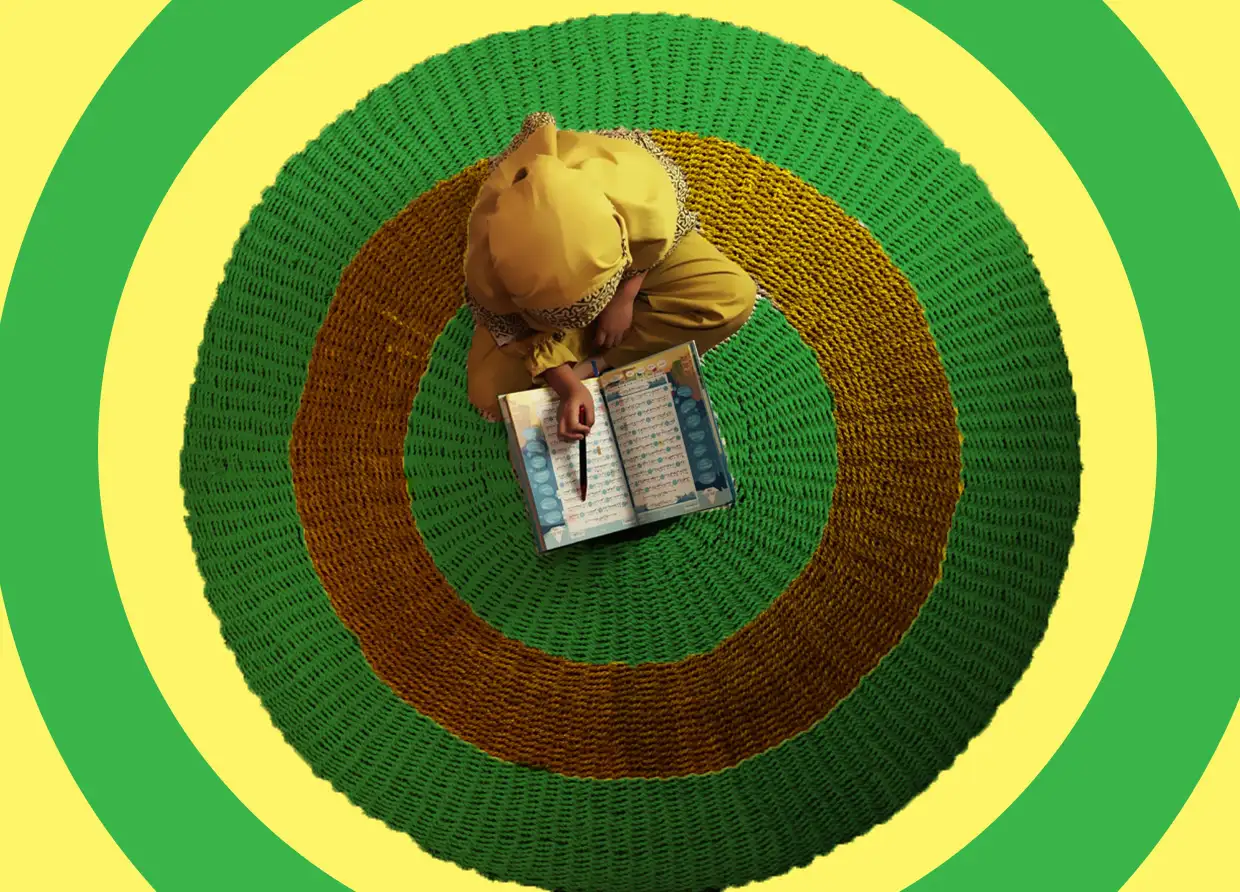BEYONCE TAKES A STAND AGAINST AI IN MUSIC: A DEEPER DIVE INTO "COWBOY CARTER"
"Cowboy Carter": Beyoncé's Musical Manifesto Against AI and Cultural Appropriation

Beyoncé's latest album "Cowboy Carter" has been making waves since its release just a few days ago. Breaking records on streaming platforms and hailed by the artist herself as her best work yet, it's clear that this album is set to leave a lasting mark. However, amidst the celebration of her musical prowess, Beyoncé made a surprising statement regarding the increasing presence of artificial intelligence (AI) in the music industry.
In a rare interview, Beyoncé expressed her sentiment, stating, "The joy of creating music is that there are no rules...With artificial intelligence and digital filters and programming, I wanted to go back to real instruments." Her remarks, carefully considered in the midst of limited interactions with the press, shed light on her deliberate stance against the encroachment of AI in music creation.
The concern surrounding AI-generated art stems from its methodology. AI-powered music generators can churn out tracks within minutes, often closely mimicking the styles and vocals of established artists. This technology, in some instances, is trained on the works of these very artists, potentially leading to the displacement of human musicians.
One of the key issues highlighted is the usage of copyrighted materials in training AI models. Companies like Open AI and Stability AI have faced scrutiny for utilizing copyrighted artworks without proper consent. Ed Newton-Rex, former VP of Audio at Stability AI, resigned from his position citing disagreement with the company's stance on the use of copyrighted works in AI training.
For artists like Beyoncé, the implications of AI-generated art are significant. Many fear that this technology could exacerbate the challenges already faced by emerging musicians, making it even more difficult to establish themselves in a competitive industry. Beyoncé's stance against AI is particularly resonant in the context of "Cowboy Carter."
While not explicitly addressing AI, the album confronts themes of cultural appropriation and the exploitation of Black artistry. Through "Cowboy Carter," Beyoncé pays homage to the Black musicians who laid the foundation for country music, challenging the narrative of a genre often associated solely with Southern white culture.
The title itself, "Cowboy Carter," alludes to the appropriation of Black music for the benefit of white artists. By delving into the history of Black contributions to country music, Beyoncé shines a light on the systemic erasure of Black artists from the genre.
Recent incidents, such as an Oklahoma country radio station's refusal to play Beyoncé's "Texas Hold 'Em" due to her perceived deviation from the genre's norms, further underscore the ongoing struggle for recognition faced by Black musicians within country music.
Within the album, the appearance of Willie Nelson on a radio show named "Smoke Hour" takes on added significance in light of these events. Nelson's subtle jab at the establishment, urging listeners to embrace their desires and explore freely, serves as a poignant commentary on the state of the industry.
In Beyoncé's vision, music is a realm where Black artists are free to express themselves authentically, without fear of exploitation or erasure. "Cowboy Carter" stands as a testament to this vision, challenging not only the conventions of music but also the societal norms that perpetuate inequality within the industry.
#THE S MEDIA #Media Milenial #Beyoncé #Cowboy Carter #AI in Music #Cultural Appropriation #Music Industry #Black Artists #Copyright #Artificial Intelligence #Emerging Musicians #Country Music #Willie Nelson #Radio #Exploitation #Diversity in Music


























